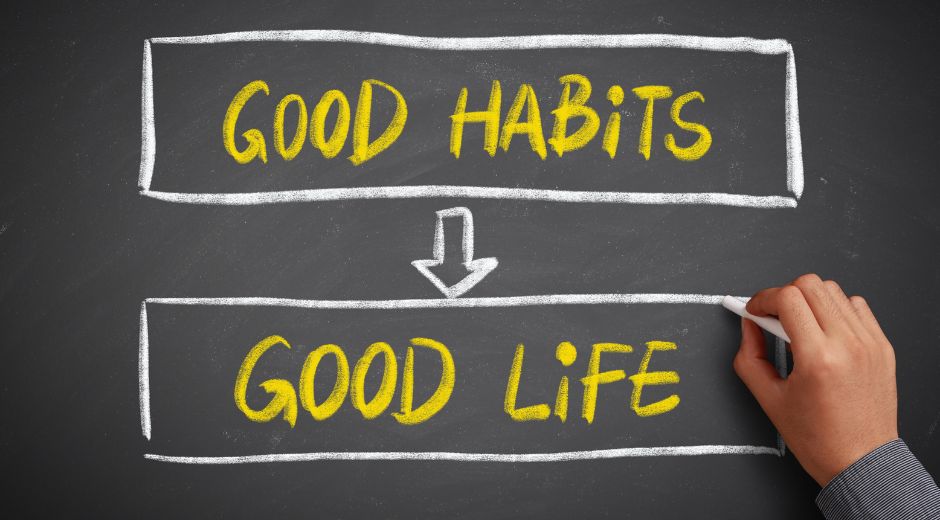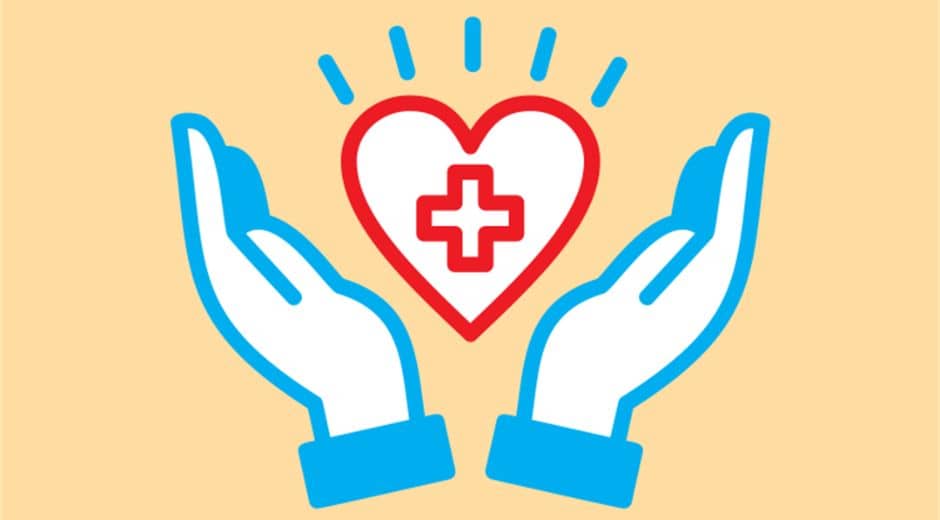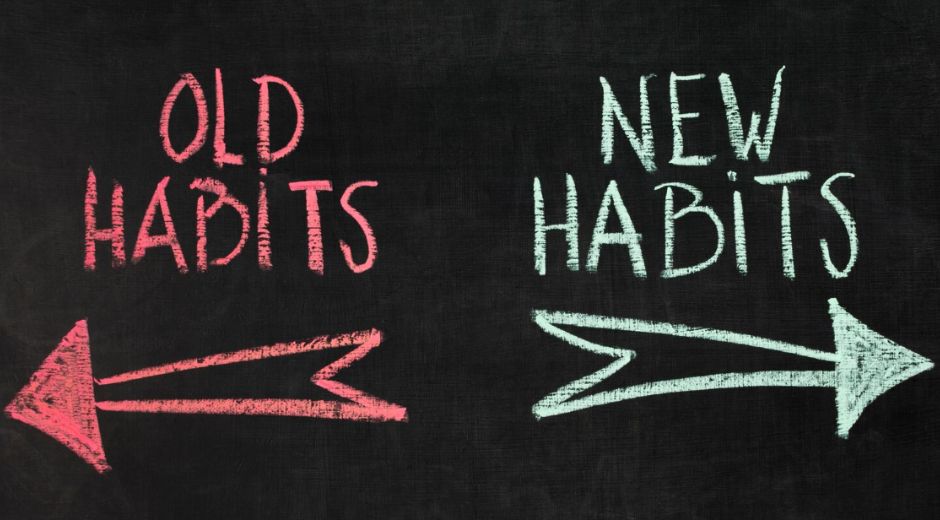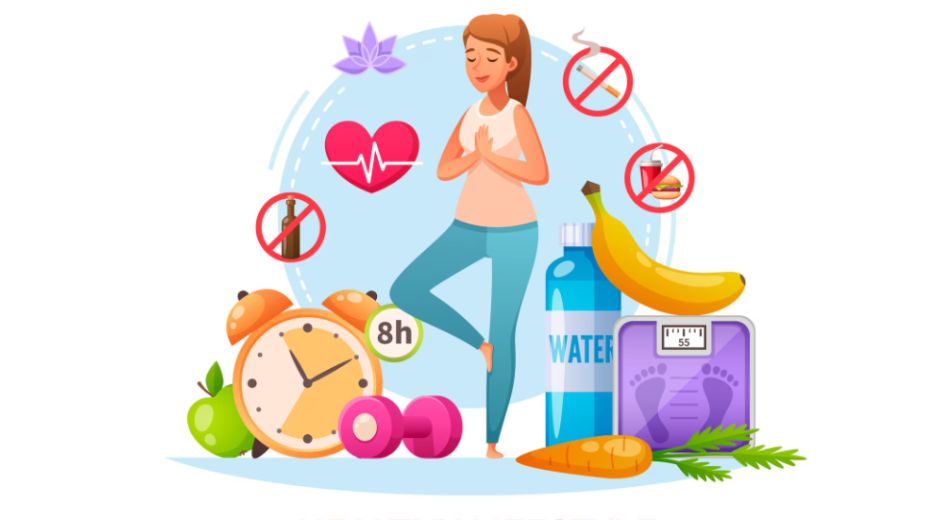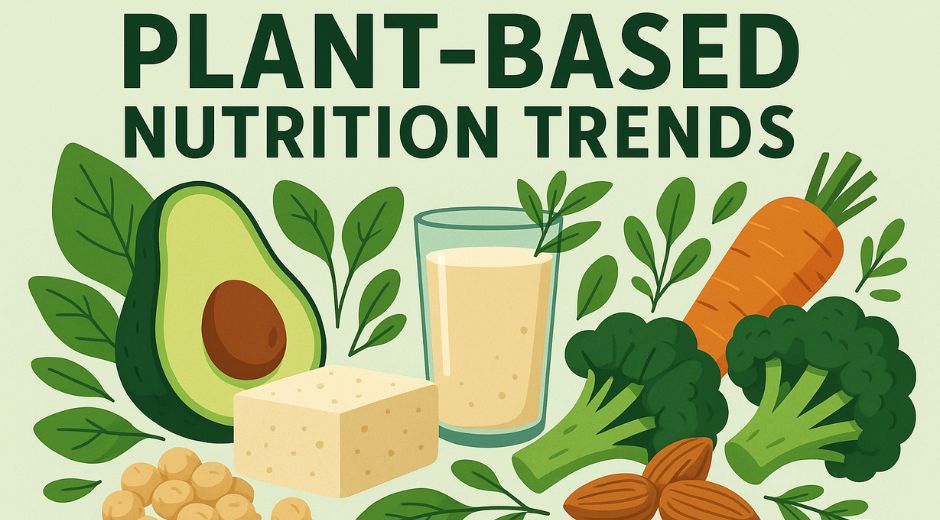5 Simple Habits to Boost Your Health in 2025
5 Simple Habits to Boost Your Health in 2025
As we move further into 2025, health and wellness continue to be top priorities for individuals worldwide. With advances in nutrition, fitness technology, and preventive care, maintaining a healthy lifestyle has never been more achievable. Small daily habits, when practiced consistently, can transform physical, mental, and emotional well-being.
This article explores five simple yet powerful habits that anyone can adopt to improve their health in 2025. From movement and nutrition to sleep and mental wellness, these strategies are rooted in scientific research and practical application.
1. Prioritize Daily Movement and Physical Activity
Physical activity is one of the most effective ways to maintain overall health. Even small doses of exercise can dramatically improve cardiovascular health, mental clarity, and longevity.
Key Habits:
Daily Walks: Aim for 10,000 steps a day or incorporate short walking breaks throughout work hours.
Strength Training: Engage in bodyweight exercises, resistance bands, or weights at least 2–3 times per week.
Stretching and Mobility: Incorporate yoga, Pilates, or dynamic stretches to improve flexibility and reduce injury risk.
Active Hobbies: Cycling, swimming, dancing, or hiking make exercise enjoyable and sustainable.
Impact:
Regular movement helps:
Improve heart and lung function.
Strengthen muscles and bones.
Enhance mood through endorphin release.
Support weight management and metabolic health.
Practical Tip:
Use wearable fitness trackers or smartphone apps to monitor activity levels and set achievable goals. Even 15–20 minutes of movement daily can produce significant health benefits over time.
2. Adopt Mindful and Balanced Nutrition
Nutrition is the cornerstone of good health. Rather than extreme diets, focusing on balanced, nutrient-rich meals creates sustainable energy and supports long-term wellness.
Key Habits:
Whole Foods: Prioritize fruits, vegetables, whole grains, lean proteins, and healthy fats.
Hydration: Drink at least 8 glasses of water per day, adjusting for activity levels and climate.
Mindful Eating: Avoid distractions during meals to enhance digestion and prevent overeating.
Meal Planning: Prepare meals ahead of time to ensure balanced nutrition and reduce reliance on processed foods.
Impact:
Healthy nutrition supports:
Weight management and energy balance.
Digestive health and gut microbiome diversity.
Immune function and disease prevention.
Cognitive performance and mood regulation.
Practical Tip:
Incorporate a “rainbow diet” by including a variety of colorful fruits and vegetables daily. Each color provides unique antioxidants and micronutrients that enhance overall health.
3. Prioritize Quality Sleep and Rest
Sleep is a fundamental pillar of health that is often overlooked. In 2025, technology can help optimize sleep patterns, but basic habits remain essential.
Key Habits:
Consistent Sleep Schedule: Go to bed and wake up at the same time every day.
Sleep-Friendly Environment: Keep your bedroom cool, dark, and quiet.
Screen-Free Wind-Down: Avoid devices 1 hour before bed to improve melatonin production.
Short Naps: Power naps of 15–20 minutes can boost energy without disrupting nighttime sleep.
Impact:
Quality sleep improves:
Memory consolidation and cognitive function.
Emotional regulation and stress resilience.
Hormonal balance and appetite control.
Cardiovascular and metabolic health.
Practical Tip:
Consider using sleep tracking apps or smart devices to identify patterns and optimize rest. Adequate sleep is a multiplier for other healthy habits, enhancing their effectiveness.
4. Cultivate Mental and Emotional Wellness
Mental health is as important as physical health. Simple daily practices can reduce stress, improve focus, and increase resilience in the face of challenges.
Key Habits:
Meditation and Mindfulness: Even 10–15 minutes a day of guided meditation can reduce stress and enhance focus.
Journaling: Writing down thoughts, gratitude lists, or reflections improves emotional clarity.
Social Connection: Maintain meaningful relationships and communicate regularly with friends or family.
Digital Detox: Limit time on social media and digital devices to reduce mental clutter and anxiety.
Impact:
Mental wellness practices help:
Reduce stress hormones and inflammation.
Enhance cognitive flexibility and decision-making.
Improve mood and prevent burnout.
Strengthen social bonds and emotional intelligence.
Practical Tip:
Combine mindfulness practices with physical activity for compounded benefits. For example, mindful walking or yoga strengthens both mind and body simultaneously.
5. Preventive Health and Regular Check-Ups
Prevention is always better than cure. Routine health screenings and proactive care can identify issues early, improving outcomes and longevity.
Key Habits:
Annual Physical Exams: Monitor blood pressure, cholesterol, blood sugar, and overall health.
Dental and Vision Care: Regular check-ups prevent long-term complications.
Vaccinations and Immunizations: Stay updated with recommended vaccines, including flu and COVID-19 boosters.
Personalized Health Monitoring: Use wearables to track heart rate, sleep patterns, and activity for early insights.
Impact:
Preventive health measures help:
Detect chronic conditions like diabetes or hypertension early.
Maintain mobility, vitality, and functional independence.
Reduce long-term healthcare costs.
Increase overall quality of life and longevity.
Practical Tip:
Keep a personal health journal documenting lab results, medications, and lifestyle changes. This provides clarity for healthcare providers and empowers informed decision-making.
Tips to Make These Habits Stick in 2025
Adopting new health habits can be challenging. Here are strategies to ensure consistency:
Start Small: Focus on one habit at a time and gradually build routines.
Use Technology Wisely: Fitness trackers, meditation apps, and nutrition planners can help maintain accountability.
Set Clear Goals: Define measurable outcomes for each habit, like steps walked, hours slept, or servings of vegetables consumed.
Track Progress: Celebrate milestones to stay motivated and reinforce consistency.
Integrate Habits into Daily Life: Pair habits with existing routines, like stretching after brushing your teeth or journaling after breakfast.
Why These Habits Are Especially Relevant in 2025
Technological Integration: Health tech, AI-powered apps, and wearable devices make tracking and improving health easier than ever.
Global Health Awareness: Post-pandemic priorities have increased awareness of lifestyle choices on immunity and long-term well-being.
Work-Life Balance Shifts: Remote work and flexible schedules allow for more intentional integration of health habits.
Mental Health Focus: Societal recognition of stress, burnout, and anxiety underscores the importance of emotional wellness.
By combining these habits, individuals can maximize health outcomes while navigating modern life efficiently and sustainably.
Conclusion: Small Habits, Big Impact
In 2025, maintaining optimal health is about consistency, awareness, and intentionality. Prioritizing movement, nutrition, sleep, mental wellness, and preventive care creates a comprehensive framework for lasting well-being.
These five simple habits are not just temporary measures — they are long-term lifestyle strategies that enhance physical, mental, and emotional resilience. By committing to these practices today, you can enjoy better health, higher energy levels, and improved quality of life for years to come.
For more health tips, wellness strategies, and lifestyle guidance, visit:
The Pulse of Sport

How Algorithm Governance Is Reshaping Public Policy
How Algorithm Governance Is Reshaping Public Policy

Global Inflation Signals, The Indicators Economists Watch Before Markets Move
Global Inflation Signals, The Indicators Economists Watch Before Markets Move

Smart City Surveillance, Safety Gains and the Privacy Tradeoff
Smart City Surveillance, Safety Gains and the Privacy Tradeoff
